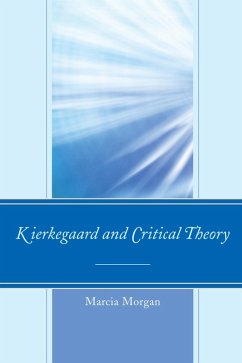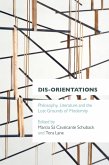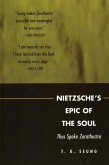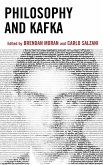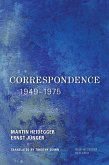Critical Theory is an interdisciplinary framework of analysis that was founded by a group of intellectuals working at the Institute for Social Research in Frankfurt am Main, Germany. While the Institute itself was established in 1923, the program of 'critical theory' was not formalized until 1937 when Max Horkheimer, the Director of the Institute at that time, dubbed it as such in his essay, "Traditional and Critical Theory." The Institute is frequently referred to simply as 'The Frankfurt School'. Its significance cannot be underestimated. To this day there have been three generations of Frankfurt School academics, but 'critical theory' refers to something broader than just the work of the Institute for Social Research. Critical theory now indicates a theoretical approach that is studied all over the world. However, the main interests and goals of the founding Institute still remain integral. Foremost among these interests is the primary focus on the individual human being as the locus for social change. Over the years many debates have ensued as to how the individual can achieve social change. While these debates took Critical Theory in diverse directions, Søren Kierkegaard, a nineteenth century Danish religious thinker who emphasizes the individual's self-imposed obligation to society at large, played a major role. Nevertheless, Kierkegaard's impact on the development of Critical Theory has received scant study. I aim to fill this scholarly lacuna. My intention is to expose the complexity not only of Kierkegaard but of the Frankfurt School and their cohort. Kierkegaard's relationship to Critical Theory suffered from the misappropriation of his works by philosophers and theologians associated with National Socialism. This caused the Critical Theorists to view the content of Kierkegaard's philosophy itself as fascistic. Ultimately, I will highlight the ways in which Kierkegaard has been redeemed for a multiculture activist ethics today, working vigorously in spirit with the fundamental aims of the Frankfurt School.
Bitte wählen Sie Ihr Anliegen aus.
Rechnungen
Retourenschein anfordern
Bestellstatus
Storno

